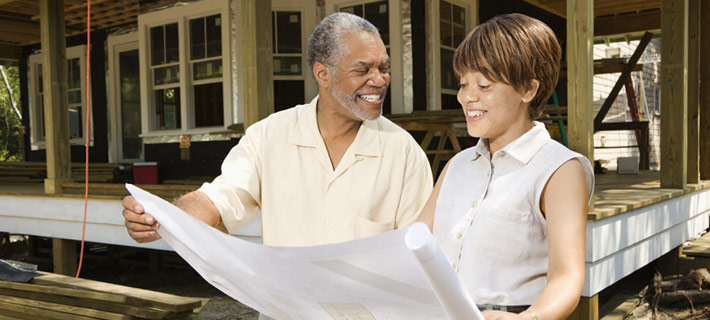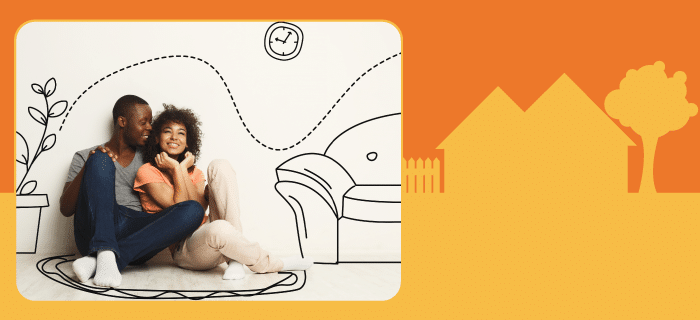Purchasing a home is one of the biggest purchases that most people make in their lifetimes so it is not a decision that can be taken very lightly. Apart from the tremendous amount of time and effort that you are putting into exploring your options, you need to be aware of the costs associated with going through the process of acquiring a home, that may not be covered by the mortgage. You will need to have enough savings in order to make these upfront payments. The associated costs include:
Downpayment or Deposit – Paid to the Seller
You may be required to make a non-refundable deposit on a home that you are interested in so that the seller won’t entertain bids from other prospective buyers while you are going through the process of securing a mortgage. The funds disbursed by mortgage provider usually cover a portion of the price of the property that you are looking to purchase. The deposit is usually between 5% – 10% of the price of the property, and the seller will give you a timeframe to acquire mortgage financing approval so the sale can be finalised. That means, you will need to have this money saved.
Statutory Costs – Paid to the Government
You must pay Stamp Duty, a form of tax, to the Inland Revenue Division when you are buying a home or seeking a mortgage since it requires the following legal documents to be stamped:
- Deed of Conveyance – This document essentially conveys or transfers ownership of the property from the vendor over to you, thereby enabling you to offer it as security for the mortgage.
- Deed of Mortgage – This is essentially the loan agreement made between the you and TTMF
From January 1, 2021, first-time homeowners can apply for an exemption from paying Stamp Duty via the DevelopTT online platform if the value of the residential property (house & land) is below $2,000,000. However, if the value of the property exceeds $2,000,000 or the buyer is not a first-time homeowner, then the Stamp Duty payable would range between 3 – 7.5%.
Similarly, you can apply for a Stamp Duty exemption if you are only purchasing residential land that is valued up to $450,000. You will have to pay between 2% – 7% in Stamp Duty if the value of the land is more than $450,000.
Legal Costs – paid to a Legal Representative
You will have to seek out the services of an attorney-at-law so they can assist you with the legal aspects of the mortgage application process. The attorney’s costs cover:
- Conducting Title Search
- Preparation and Registration of the Deed of Conveyance
- Preparation and Registration of the Deed of Mortgage
In general, attorneys’ fees vary but will depend on the value of the property. You may select an attorney of your choice to assist with the Title Search or the Deed of Conveyance, but, you must select an attorney from our panel for the Preparation and Registration of the Deed of Mortgage.
Application-related Costs – paid to TTMF
There are several application-related fees that you would need to pay to lodge your mortgage application. These costs include:
- Application Fee
- Title Search Deposit
- Acceptance Fee
- Credit Bureau Report Fee
- Site Visit
Other Costs – paid to various Institutions and Individuals
Other costs associated with getting the necessary documents to submit with your application may include:
- Valuation Report
- WASA Clearance Certificate
- Land and Building Taxes
- Maintenance Fees
- Lease Rent
- Property Insurance
- Mortgage Cover (Term Life Insurance)






